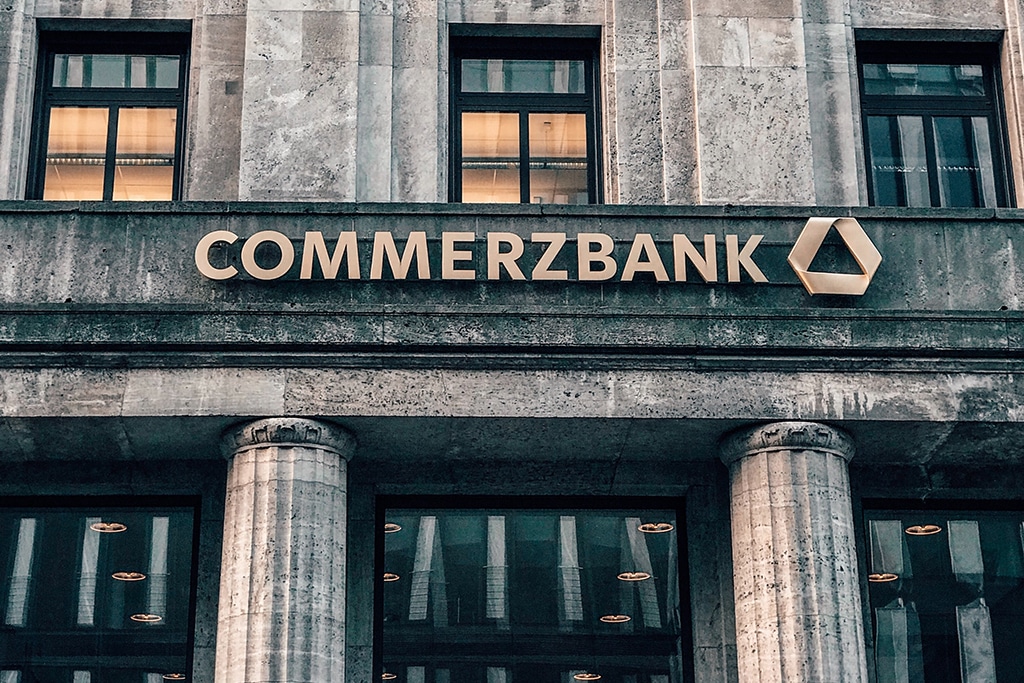
Darya is a crypto enthusiast who strongly believes in the future of blockchain. Being a hospitality professional, she is interested in finding the ways blockchain can change different industries and bring our life to a different level.
According to BaFin, there are at least 25 applications for the license pending. So far, only four companies in Germany have received approval for crypto custody.

Commerzbank, the second-largest bank in Germany, has applied for a crypto license to offer exchange services as well as crypto-asset custody and protection. If the application gets approval, Commerzbank will be the first bank in the country to move towards crypto adoption and file for a license with the Federal Financial Supervisory Authority (BaFin), Germany’s financial regulator.
As Commerzbank’s representative said to the local media outlet Börsen-Zeitung, the bank “applied for the crypto custody license in the first quarter of 2022.” But it is not yet clear when the authorization will be completed.
According to BaFin, there are at least 25 applications for the license pending. So far, only four companies have received approval for crypto custody by now. They include Coinbase Germany and Upvest, a financial technology firm based in Berlin.
Commerzbank is one of the leading banks in Germany with locations in just under 50 countries. With two business segments, Private and Small Business Customers, as well as Corporate Clients, the Bank offers a comprehensive portfolio of financial services to over 18 million private and small business customers, as well as more than 70,000 corporate clients multinationals, financial service providers and institutional clients worldwide.
Notably, Commerzbank finances around 30% of Germany’s foreign trade and is leading in financing for corporate clients in Germany. With the crypto license, Commerzbank is likely to increase this number.
Crypto adoption in Germany has not been fast. However, now it is gaining pace as regulatory issues are becoming clear. Since January 1, 2020, any business willing to provide cryptocurrency services in Germany must first get approval from BaFin. In December of 2020, Germany passed a law that enabled financial securities to be held on the blockchain. As a result, issuers/holders became able to document their securities on a blockchain-based register, whereas previously securities transactions must have been recorded in physical form.
In 2021, Germany had no specific regulatory framework for virtual currencies and other virtual assets in place. However, the general financial regulatory regime was valid. It brought various types of distributed ledger technology tokens within capital markets, banking, financial services, anti-money laundering (AML), and other laws.
In June 2021, the Electronic Securities Act established digital securities and abolished previously legally mandatory documentation of securities. In other words, the legal basis for the trading of rights through electronic securities appeared, adding a new license category for maintaining a crypto securities register.
Besides, in December 2021, DekaBank issued the first e-securities in accordance with the new law in the form of bearer bonds.
Disclaimer: Coinspeaker is committed to providing unbiased and transparent reporting. This article aims to deliver accurate and timely information but should not be taken as financial or investment advice. Since market conditions can change rapidly, we encourage you to verify information on your own and consult with a professional before making any decisions based on this content.

Darya is a crypto enthusiast who strongly believes in the future of blockchain. Being a hospitality professional, she is interested in finding the ways blockchain can change different industries and bring our life to a different level.




